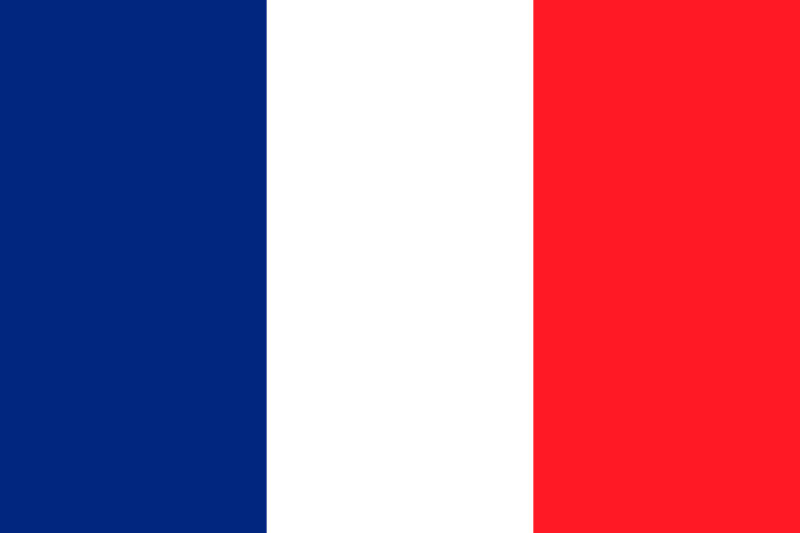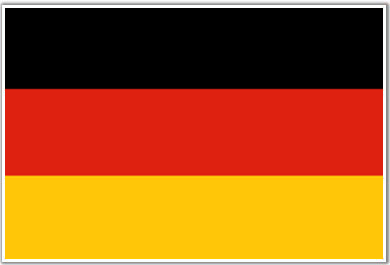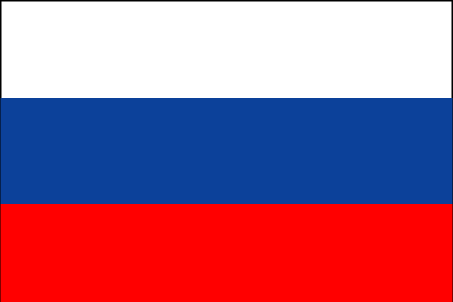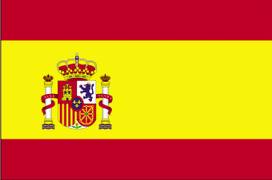Modern Foreign Languages




At Woodbridge High School, we believe that languages are an essential part of our school curriculum. A unique feature of Woodbridge High School is that we offer a broad range of languages, and most students will study two languages for at least their first two years here.
Which languages do students learn?
Our four curriculum languages are French, German, Russian and Spanish. These languages were chosen for their cultural, political and economic importance as major languages both in Europe and across the world.
All students in Year 7 and Year 8 learn either French or Spanish as their first foreign language and either German or Russian as their second. We structure our curriculum choices to give students exposure to two different languages from a linguistic point of view; a romance language and a non-romance language (either German or Russian).
Almost all students continue with one language until GCSE, and we actively encourage students to continue with two. We offer all four languages at A-Level and frequently have students who choose to continue with two languages.
Why are languages important?
We believe that learning a language equips students with a wide range of benefits.
Firstly, languages expose students to a world beyond their immediate surroundings and allow them to develop awareness and appreciation of different cultures and ways of thinking. Secondly, developing an ability in a second (and third) language offers a range of personal benefits, including improved memory and literacy skills. Thirdly, studying one or more languages improves students’ career prospects and opportunities as language skills are in demand across a wide range of careers.
Furthermore, learning a language enables students to develop transferable language-learning skills which can be applied later in life. Experiencing the process of learning a second language allows pupils to develop empathy for people they encounter who speak English as a second language.
What will students learn?
Our curriculum places emphasis on the society and culture of the language to raise students’ awareness of the wider world. Positive attitudes are fostered by increasing awareness of different cultures. Students' awareness of the benefits of language learning is raised, and they achieve a sense of achievement by developing fluency in a foreign language. Our aim is to equip students with communicative ability (appropriate to their level of study) in one or two languages, while also opening their minds to other cultures and providing transferable language-learning skills.
Key Stage 3
Our KS3 curriculum is designed for a range of common communicative purposes in everyday, professional, personal and tourist contexts, as well as take part in discussions on wider issues such as global problems and the environment.
Topics and grammatical structures will vary slightly between languages, due to specific aspects of each language (e.g. Year 7 Russian students will spend significant time learning and practising the Cyrillic alphabet, but our curriculum aim is the same across our four languages.
In Year 7, students learn to discuss their immediate surroundings (e.g. introductions, family, appearances, basic hobbies, school). This broadens in Year 8 to include wider topics (town, holidays, a wider range of hobbies and preferences, media, special occasions) and in Year 9 to wider social issues e.g. such as plans for the future, protecting the environment and social issues.
By the end of KS3, students will have acquired vocabulary to discuss a range of topics both linked to their own personal lives and the wider world, as well as a range of high-frequency vocabulary used in everyday communication. They will be able to discuss past, present, future and hypothetical events as well express a range of common communicative functions, such as wishes, desires, likes, dislikes and recommendations.
Key Stage 4
Our KS4 curriculum builds on the knowledge from KS3, introducing a much wider range of grammatical structures, thereby increasing their ability to communicate more complex ideas. Students develop their skills to converse on a range of common topics. For example, as part of the topic of school at KS3, students describe their subjects and teachers using basic opinions, state what is in their school and give basic information about school activities. At KS4, we build on the vocabulary and structures introduced at KS3 to broaden their scope so they can discuss (amongst other aspects) the characteristics of a good teacher, describing their primary school in the past tense, discussing plans for future education and discussing problems in their school.
At the end of KS4, students will sit the Edexcel GCSE. It is structured as follows:
Four parts of the exam, all worth equal marks:
- Listening – 25%
- Speaking – 25%
- Reading/Understanding – 25%
- Writing – 25%
These assessments take place at the end of Year 11.
Students of French, German and Spanish study the following thematic contexts:
- My personal world
- Lifestyle and wellbeing
- My neighbourhood
- Media and technology
- Studying and my future
- Travel and tourism
Students of GCSE Russian study the following themes:
Theme 1: Identity and culture: Relationships; daily life; cultural life
Theme 2: Local area, holiday and travel: Holiday preferences, travel and tourist transactions, dealing with problems, describing your local area and wider region.
Theme 3: School: What school is like; school activities.
Theme 4: Future aspirations, study and work: Using languages beyond the classroom; ambitions, future careers.
Theme 5: International and global dimension: Sports events; music events; campaigns and good causes; environmental issues.
Key Stage 5
At KS5, we develop students' linguistic and cultural knowledge even further by enabling them to convey meaning with an extended range of vocabulary and grammatical structures, becoming confident, accurate and independent users of the language.
Students will also develop their knowledge of the culture, society, politics and history of the target-language countries, in addition to analysing a film and a literary text. Pupils will also develop their research skills by completing an independent research topic of their own choice, researched in the target language.
The specific topics vary depending on the language. However, all A Levels in a language involve studying the following:
- Changes in society of France/Germany/Spain/Russia.
- Artistic and cultural life in the countries where the language is spoken.
- Immigration and multicultural society in France/Germany/Spain/Russia.
- A specific period from French, German, Spanish or Russian history.
Students will also study one film and one literary text in the target language.
We follow the Edexcel specification at A Level structured as follows:
- Paper 1: Reading and Listening paper, including a translation into English (40%)
- Paper 2: Writing paper: one essay about the film, one about the book, and a translation from English (30%)
- Paper 3: Speaking exam: topic-based discussion and presentation of Independent Research Project (30%)
By the end of the A Level course, students are able to take part in a wide range of situations, whether personal, academic or professional, in the target language.
What can I do with my language skills?
Many of our students have gone on to study languages at university, whether as a single subject (e.g. BA in Spanish), two languages (e.g. French and Russian) or as part of a joint-subject degree (e.g. Business and Spanish). Some students also choose to take a language module as part of a degree in a different subject (e.g. choosing German as an optional module as part of a degree in Economics.
What extracurricular activities exist?
Each year, we run a range of residential trips abroad. Past trips have included visits to Barcelona, Berlin, Cologne, Moscow, Northern France, St Petersburg, Paris and Valencia. Georgia (for Russian students) and a trip to Valencia in October 2023. Trips planned for the academic year 2025-26 include Cologne, Southern Spain, Berlin and Paris.
